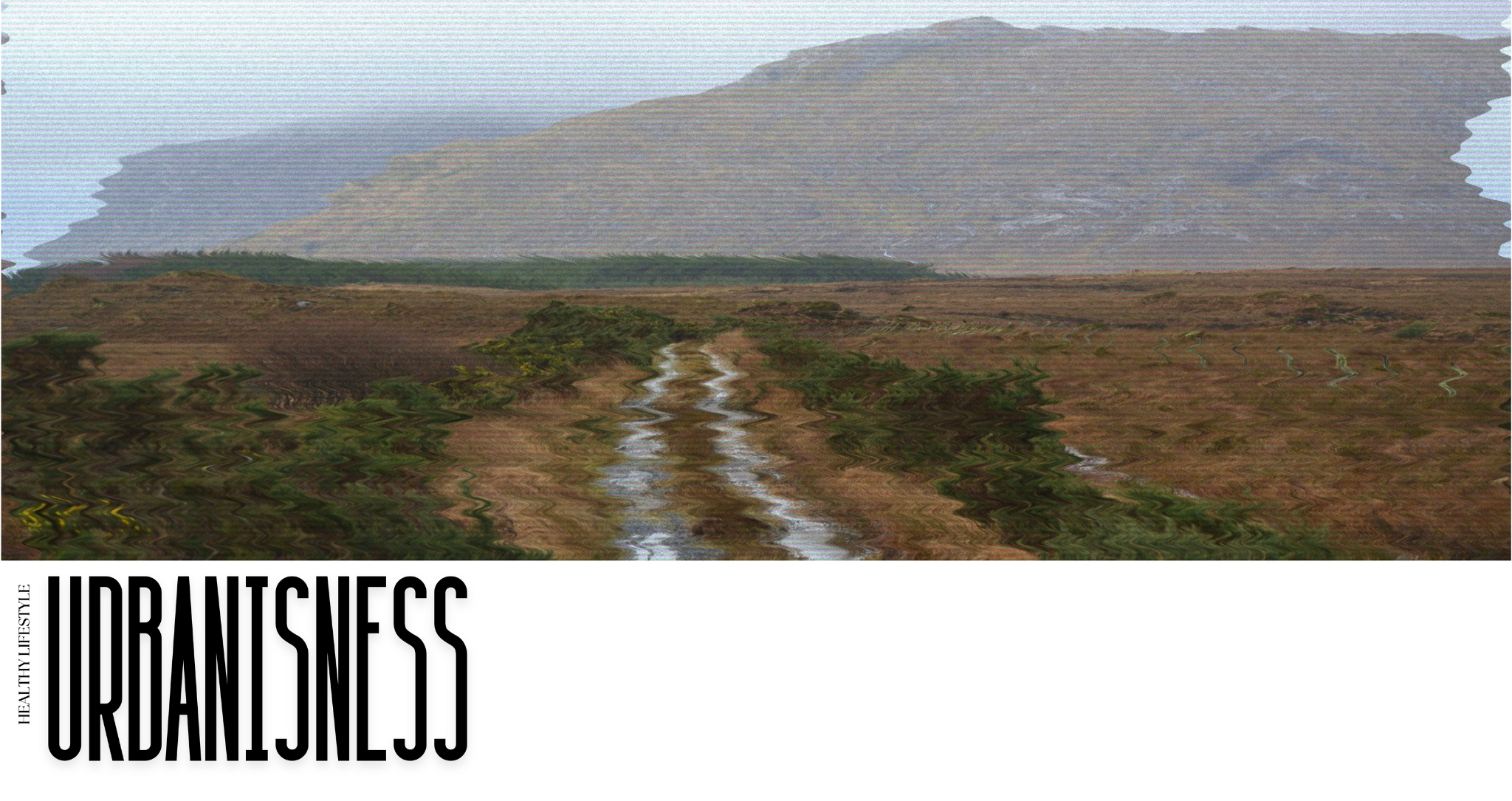“A simple blade of grass.without fanfare,it quietly sustains life.”says Japanese Haiku “Weeds” are typically seen as unwanted plants that grow aggressively, often overshadowing more desirable vegetation. These “invasive” species can include a variety of flora and sparse grasses that diminish the health and aesthetics of gardens and lawns. In Wikipedia, weeds are characterised as Read More
Read moreA bamboo garden is a valuable resource with significant potential to address poverty and environmental issues. Thriving in various climates, bamboo offers numerous sustainable products, creates livelihoods, and provides ecosystem benefits. Australian permaculture expert Jeff Lawton humorously observes that it’s easier to list what bamboo cannot be used for than what it can, with Read More
Read more


